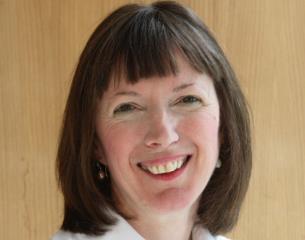
The pay gap in the UK between the highest and lowest earners has grown significantly since 2000, according to research by the Trades Union Congress (TUC).
The figures, based on full-time earnings from the Office for National Statistics’ (ONS) Annual survey of hours and earnings, found that the pay inequality ratio in the UK between the top 10% and the bottom 10% has risen by 5.2% since 2000.
London and the south east of England are the worst areas affected. In London, the pay gap has widened by 14% and, in the south east, it has widened by 8.9%.
The pay gap is also on the rise in other parts of the UK. It is up by 4% in the north west, up by 3% in the east of England and up by 2% in the north east and in Scotland.
Only Wales (-0.7%) and the south west (-1.2%) have seen pay inequality reduce since 2000.
The research also found:
- The highest top earners are in London, where they receive £82,000 a year, compared to the capital’s lowest earnings, of £18,000.
- The highest top earners in the south east are paid £57,000 and the highest top earners in the east of England earn £52,000.
- In Wales, the top earners command the least, at around £43,000 a year.
The findings coincide with the TUC’s Fair Pay Fortnight campaign, which runs from 24 March until 6 April.
Frances O’Grady (pictured), general secretary of the TUC, said: “This new analysis shows how wage inequality has soared in parts of the UK over the last decade.
“This growing pay gap is bad news for our economy and bad news for living standards.
“Unless this trend stops now and more high-skilled jobs with decent pay are created, this worrying pattern is likely to become even more entrenched.
“The TUC wants to see a greater commitment to pay the living wage from both government and employers, a crackdown on excessive executive pay, and modern wages councils, which could set higher minimum wages where employers can afford to pay more.
“During Fair Pay Fortnight we’re asking workers to back our call to MPs to get all political parties to put decent pay at the top of their agendas in the run up to the election.”



